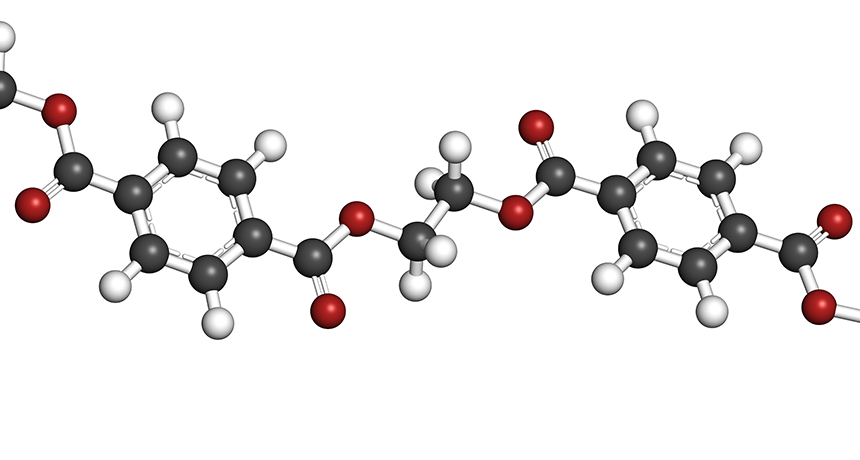Using the Power of Polymers: Understanding the Comprehensive Usages and Positive Influences
Polymers, with their varied chemical structures and homes, have actually come to be essential in countless industries, revolutionizing the way we communicate with materials daily. From the packaging that safeguards our food to the fibers that outfit us, the applications of polymers are large and varied. Past their ubiquitous existence lies a deeper understanding of their positive influences, reaching far past plain benefit. As we discover the comprehensive uses of polymers and their duty in forming a much more sustainable, reliable, and innovative future, it ends up being obvious that their potential is as large as the particles themselves.
Versatility in Everyday Products
Polymers display exceptional adaptability in a broad selection of day-to-day items, demonstrating their important duty in modern culture. From the adaptable plastic case of mobile phones to the durable fibers in clothing, polymers have reinvented the way we communicate with items in our day-to-days live. One of the most typical usages of polymers is in product packaging products. Polyethylene, for example, is commonly utilized in food product packaging due to its lightweight, durable, and moisture-resistant buildings. Additionally, polymers play a crucial function in the vehicle sector, where they are made use of in manufacturing light-weight components that boost fuel performance.
Naturally degradable polymers are used in stitches and implants, lowering the risk of negative reactions in individuals. In the construction market, polymers are included right into paints, adhesives, and insulation materials, enhancing longevity and power efficiency.
Sustainability in Material Innovations
With the continuous focus on ecological awareness and resource effectiveness, the focus shifts towards sustainability in product technologies, mirroring an expanding commitment to liable production practices throughout various markets. In recent times, there has actually been a remarkable surge in the advancement of lasting products, specifically within the realm of polymers. These cutting-edge products are made to decrease environmental influence throughout their whole lifecycle-- from sourcing raw materials to disposal or recycling.
One considerable aspect of sustainability in material developments is the principle of biodegradability. Eco-friendly polymers have garnered focus for their capacity to break down naturally into non-toxic byproducts, minimizing waste and pollution. Additionally, the use of recycled polymers acquired from post-consumer or post-industrial sources is gaining grip as a way of promoting a circular economic situation and reducing dependency on he has a good point virgin materials.

Enhancing Performance in Engineering
Enhancing performance in engineering requires a meticulous assimilation of innovative modern technologies and specific methodologies to enhance functionality and performance in different commercial applications. Polymers play a vital duty in this venture, providing a variety of benefits that improve the performance of engineering products and elements.
One secret element of improving efficiency in design is the ability of polymers to boost longevity and toughness. By integrating polymers right into engineering styles, makers can produce light-weight yet durable frameworks that can hold up against high levels of stress and anxiety and strain. This characteristic is specifically beneficial in markets such as aerospace, automotive, and construction, where the demand for solid yet light-weight materials is vital.
Furthermore, polymers can additionally improve performance by supplying thermal and chemical resistance, minimizing rubbing, and enhancing electrical conductivity. These buildings make polymers optimal for a wide variety of design applications, including seals, bearings, finishes, and digital parts. Polymers. By harnessing the special residential or commercial properties of polymers, designers can optimize the efficiency of their layouts and produce much more effective and dependable products
Effect on Clinical Innovations
The combination of innovative polymer innovations has substantially added to revolutionary advancements in the medical field. Polymers have actually played an essential her comment is here role in modern clinical improvements, varying from drug distribution systems to cells design. Among the vital areas where polymers have made a significant impact remains in the growth of naturally degradable stitches and implants. These polymers can be customized to deteriorate at a certain price, permitting for better injury healing and decreasing the need for added surgical treatments to get rid of implants.
Moreover, polymer-based materials are increasingly being used in medical tools such as catheters, stents, and prosthetics as a result of their biocompatibility and adaptability. Polymer layers on clinical tools can stop infections and boost overall client outcomes - Polymers. Additionally, developments in nanomedicine have made it possible for making use of polymer nanoparticles for targeted medication delivery, improving the efficiency and reducing negative effects of different medications
Duty in Environmental Conservation

Furthermore, polymers are made use of in water therapy processes, aiding in the filtration and recycling of water resources. This aids in minimizing water air pollution and making sure accessibility to clean water for both human intake and ecological health. Polymers also play a role in agriculture via the advancement of naturally degradable composts and controlled-release fertilizers, advertising lasting farming methods.
Conclusion
In conclusion, polymers have shown to be a functional and vital product in various sectors, from day-to-day items to design and medical improvements. Recognizing the comprehensive usages of polymers underscores their relevance in driving technology and progress in several areas.